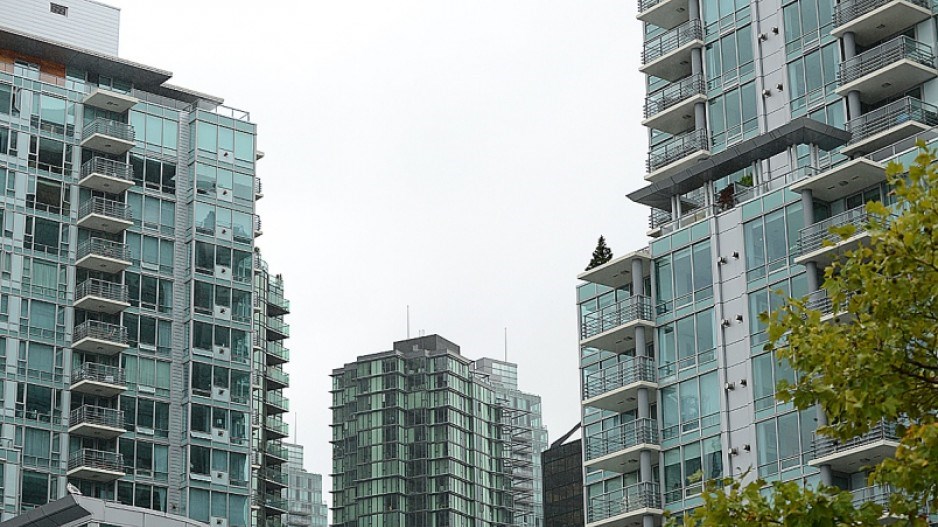Skyrocketing strata insurance costs need addressing by the provincial government before B.C.’s housing crisis worsens as a result, Union of B.C. Municipalities delegates voted Sept. 23.
Delegates voted 92% in favour of the resolution.
Coun. Craig Hodge said rates have gone up 40% and deductibles in some cases tripled.
A resolution before delegates said increased costs are making it harder for stratas, and non-profit housing providers have experienced substantial cost increases to insurance premiums and have found it difficult to secure insurers.
Victoria recently announced it is proceeding with several regulatory changes to address a strata insurance market that has left a number of strata corporations in the province struggling to afford or even secure insurance.
Effective Nov. 1, insurers will be required to provide strata corporations with 30 days' notice if they will not renew, or if they plan to materially change, an insurance policy.
The resolution said the B.C. Financial Services Authority’s (BCFSA) “BC Strata Property Insurance Market – Interim Findings” report identified several “fundamental issues” straining the strata insurance market that are not addressed in the province’s proposed amendments to the Strata Property Act and Financial Institutions Act, including a lack of capacity in the strata insurance market to support future expected demand.
The resolution called on the provincial government “to take further evidence-based actions to address rapidly increasing insurance costs for multi-residential housing.”
The policy committee recommended endorsement, saying it is important that UBCM put forward the resolution to address the high cost of insurance for stratas and non-profit housing providers, as rapidly increasing rates will only add to housing affordability pressures.
The resolution said the B.C. government has introduced initial legislation to address rising strata costs focusing on:
• ending referral fees between insurers or insurance brokers and strata property managers;
• setting out guidelines for what strata corporations are required to insure;
• requirements for strata corporations to inform owners about insurance coverage; and
• protecting strata owners against lawsuits from strata corporations when owners are responsible for damage through no fault of their own.
The resolution said the changes largely fail to address the underlying structural issues, including use of best-terms pricing by the insurance industry, and lack of industry capacity.
It said BCFSA reported insufficient capacity in the strata insurance market to support future expected demand and pointed towards further pressures on the industry, including the likelihood of increasing reinsurance costs due to the global increase in the frequency and amount of losses from catastrophic events and from new earthquake risk research.
In concluding the interim report, the BCFSA describes the current state of the strata insurance market as “unhealthy,” and unprofitable for the insurance industry.
@jhainswo



